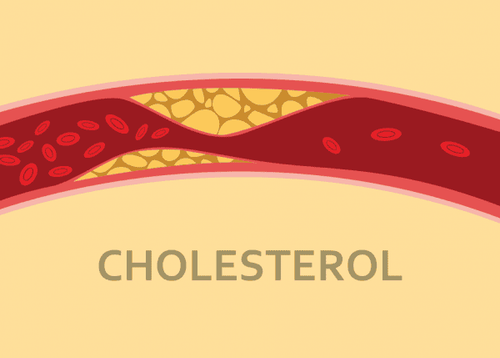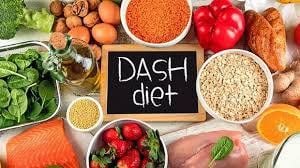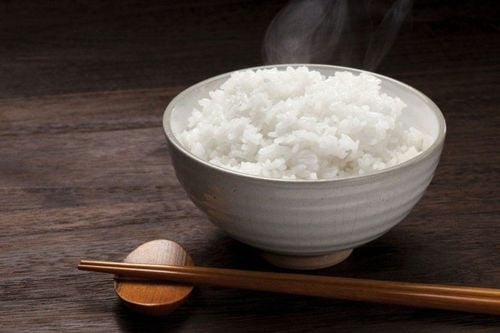This is an automatically translated article.
Eggs are foods that have a variety of processing methods from boiling to cooking cakes or different dishes. This is a healthy and low calorie dish in a single egg.1. Calories in eggs
According to the United States Department of Agriculture (USDA), a large egg weighing about 50 grams (g) contains about 72 calories.
The exact number of calories depends on the size of an egg. Example:
Small eggs (38g): 54 calories Medium eggs (44g): 63 calories Large eggs (50g): 72 calories Extra large eggs (56g): 80 calories Jumbo eggs (63g): 90 calories Note: This is an egg with no added ingredients. When you start adding oil or butter to a pan to fry eggs or cook with bacon, sausage or cheese, the calories go up dramatically.
2. Nutritional composition in chicken eggs
There is a pretty big difference in calories between egg whites and egg yolks. The yolk of a large egg contains about 55 calories while the white part contains only 17 calories.
In addition to calories, eggs also contain many other nutrients.

Lòng đỏ và lòng trắng của trứng gà chứa lượng calo khác nhau
2.1 Protein Protein is essential for growth, health and body repair. In addition, protein is also needed to make hormones, enzymes, and antibodies.
There are 6.28g of protein in a large egg and 3.6g found in egg whites. The recommended dietary allowance for protein is 0.8 g of protein per kg of body weight.
2.2 Fat About half of the calories in an egg come from fat. A large egg has less than 5g of fat but is concentrated mainly in the egg yolk. About 1.6g is saturated fat.
Egg yolks contain healthy omega-3 fatty acids. Omega-3 fatty acids help reduce inflammation in the body and reduce the risk of chronic diseases like heart disease, cancer, and arthritis.
2.3 Cholesterol One medium large egg contains 186 milligrams (mg) of cholesterol. Not all cholesterol is bad as it is essential for a number of important functions in the body. Most people can eat an egg or two a day without problems with cholesterol levels.
If your blood cholesterol is high or you have diabetes, you can still eat eggs in moderation (four to six per week) without problems. However, to ensure health, you should not regularly eat other foods that are high in saturated fat, trans fat or cholesterol.

Dung nạp quá nhiều lượng Cholesterol từ trứng có thể nguy hại đến sức khỏe của bạn
2.4 Carbohydrates Eggs contain very little carbohydrates, with only 0.36g in a large egg.
2.5 Vitamins Eggs are an excellent source of B vitamins, especially vitamins B-2 (riboflavin) and B12 (cobalamin).
Vitamin B-12 is used by the body to make DNA, which is the genetic material in all of our cells. Vitamin B-12 also keeps nerves and blood cells healthy, protects against heart disease and prevents a type of anemia like megaloblastic anemia.
Eggs also contain decent amounts of vitamins A , D and E, folate, biotin and choline. Most of the vitamins in an egg are found in the yolk, with the exception of riboflavin.
2.6 Minerals Eggs are a rich source of selenium, calcium, iodine and phosphorus. The antioxidant selenium helps protect against damage caused by free radicals that are found in aging, heart disease, and even certain types of cancer.
3. How to eat eggs safely?
Eggs are one of eight foods that frequently cause food allergies. Symptoms of an egg allergy that can appear soon after eating include:Hives on the face or around the mouth Nasal congestion Coughing or tightness in the chest

Tức ngực sau khi ăn trứng có thể là triệu chứng cho thấy bạn bị dị ứng trứng
Nausea, cramps and sometimes vomiting Anaphylactic shock Raw eggs are not considered safe to eat. This is due to the risk of Salmonella infection. Salmonella poisoning can cause fever, cramps, and dehydration. Newborns, older adults, pregnant women, and people with weakened immune systems are at greater risk of serious complications.
The best way to prevent Salmonella poisoning is to refrigerate store-bought eggs as soon as you get home and make sure eggs are cooked to at least 160°F before eating. If you eat raw or undercooked eggs, choose pasteurized eggs.
Any questions that need to be answered by a specialist. You can contact Vinmec Health System nationwide or register online HERE.













